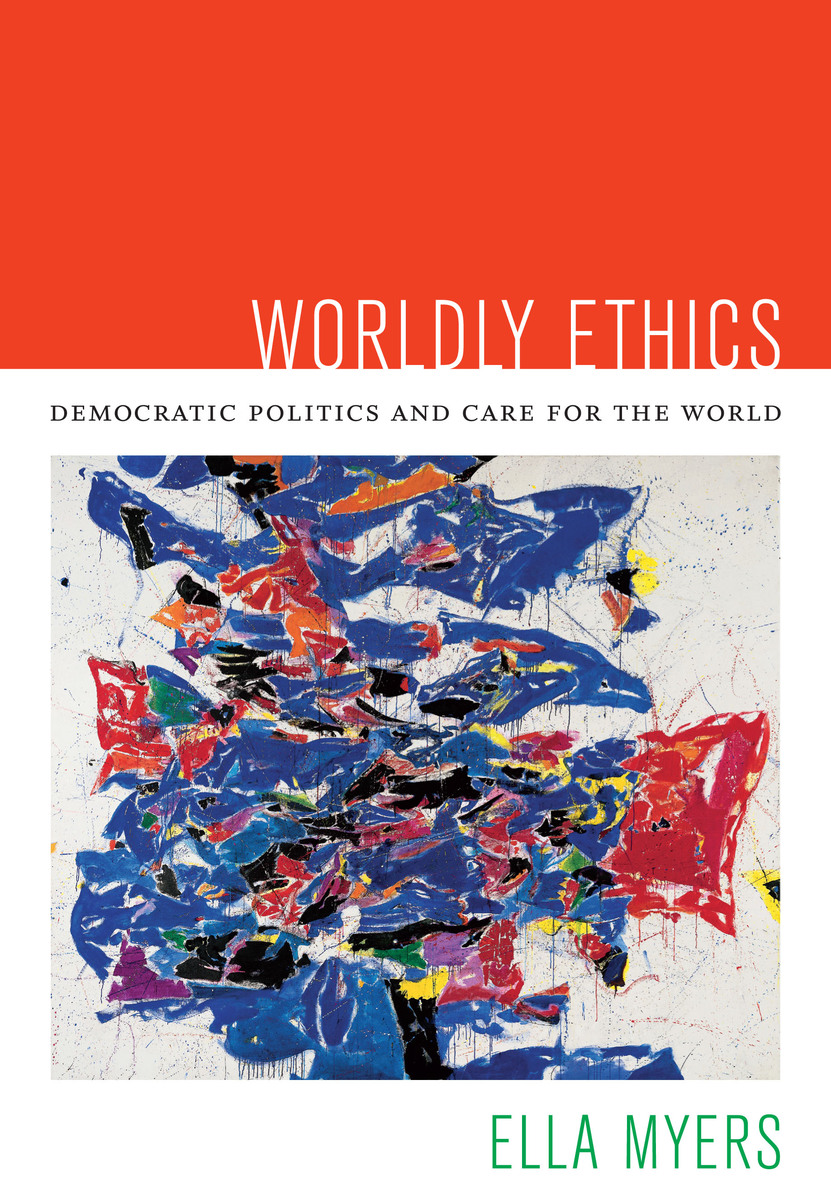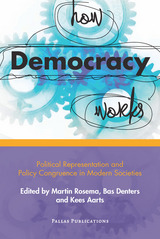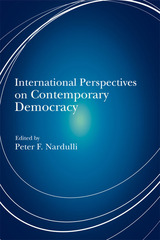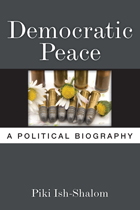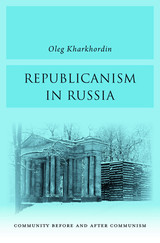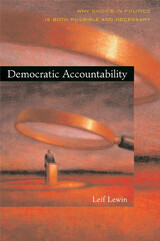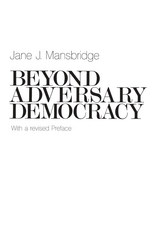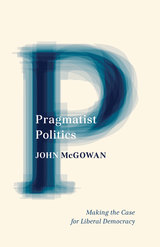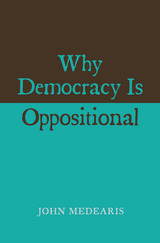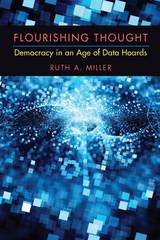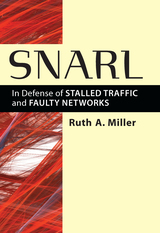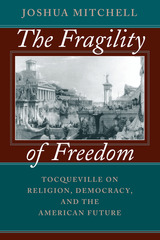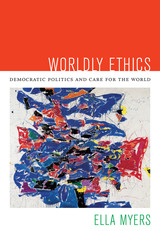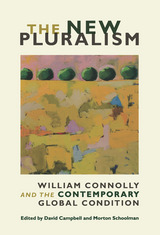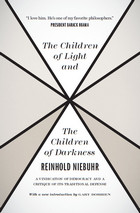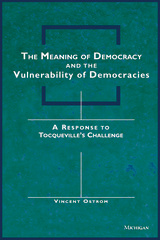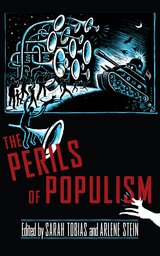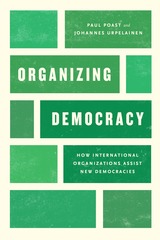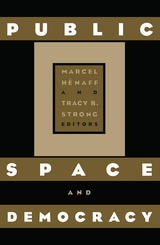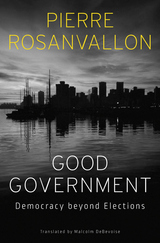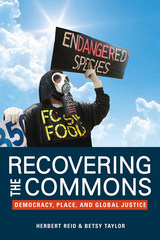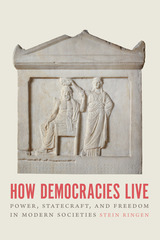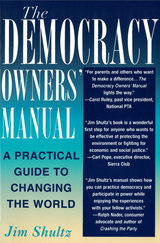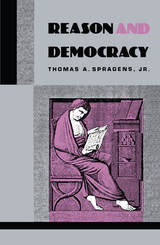Worldly Ethics: Democratic Politics and Care for the World
Duke University Press, 2013
Paper: 978-0-8223-5399-7 | Cloth: 978-0-8223-5385-0 | eISBN: 978-0-8223-9803-5
Library of Congress Classification JC423.M96 2013
Dewey Decimal Classification 172
Paper: 978-0-8223-5399-7 | Cloth: 978-0-8223-5385-0 | eISBN: 978-0-8223-9803-5
Library of Congress Classification JC423.M96 2013
Dewey Decimal Classification 172
ABOUT THIS BOOK | AUTHOR BIOGRAPHY | REVIEWS | TOC | REQUEST ACCESSIBLE FILE
ABOUT THIS BOOK
What is the spirit that animates collective action? What is the ethos of democracy? Worldly Ethics offers a powerful and original response to these questions, arguing that associative democratic politics, in which citizens join together and struggle to shape shared conditions, requires a world-centered ethos. This distinctive ethos, Ella Myers shows, involves care for "worldly things," which are the common and contentious objects of concern around which democratic actors mobilize. In articulating the meaning of worldly ethics, she reveals the limits of previous modes of ethics, including Michel Foucault's therapeutic model, based on a "care of the self," and Emmanuel Levinas's charitable model, based on care for the Other. Myers contends that these approaches occlude the worldly character of political life and are therefore unlikely to inspire and support collective democratic activity. The alternative ethics she proposes is informed by Hannah Arendt's notion of amor mundi, or love of the world, and it focuses on the ways democratic actors align around issues, goals, or things in the world, practicing collaborative care for them. Myers sees worldly ethics as a resource that can inspire and motivate ordinary citizens to participate in democratic politics, and the book highlights civic organizations that already embody its principles.
See other books on: Citizenship | Democratic Politics | International relations | Moral and ethical aspects | Political participation
See other titles from Duke University Press
